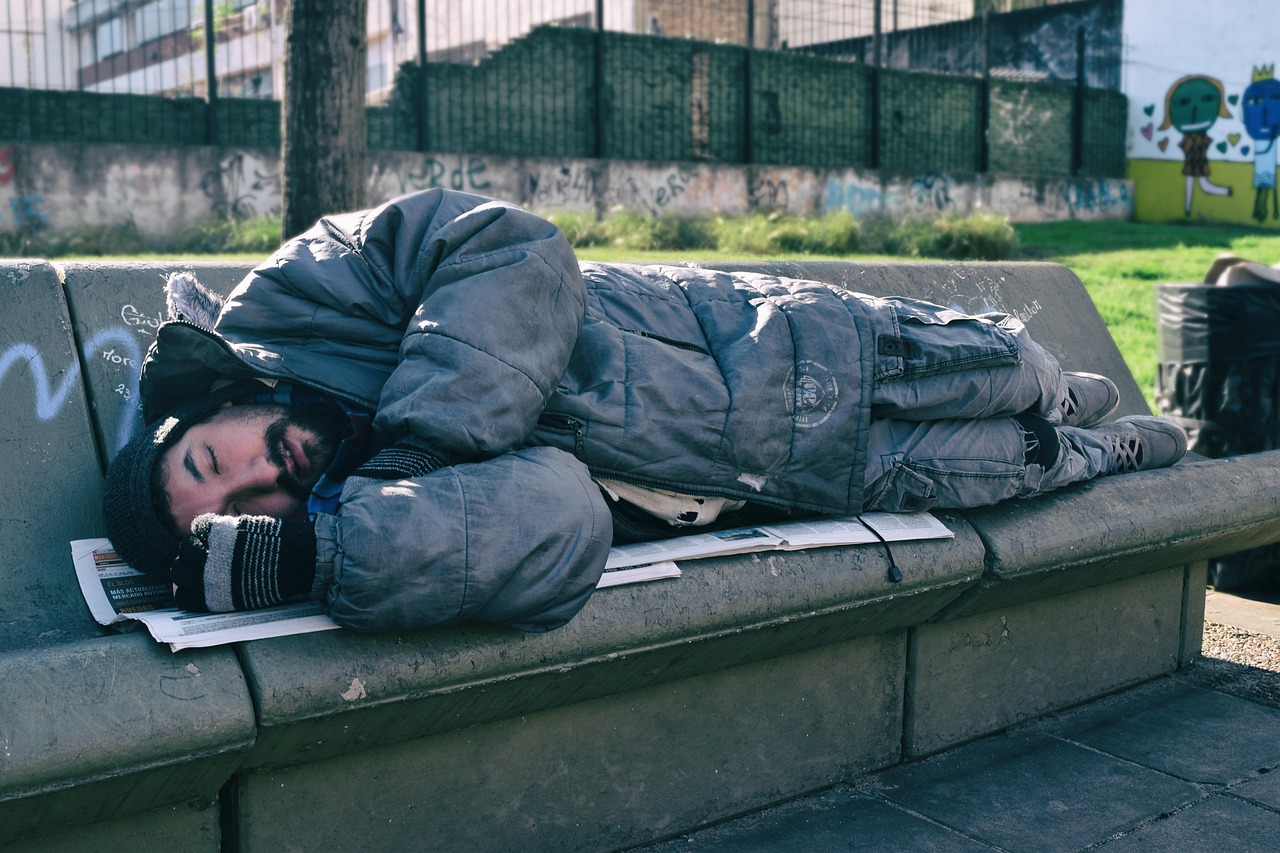
Sleep might not seem as dangerous to skip as lighting up a cigarette—but what if sleep deprivation risks rival those of smoking? From heart disease to brain fog, studies now show that chronic lack of sleep may be just as damaging to long-term health as smoking a pack a day. And unlike cigarettes, sleep loss often goes unnoticed and untreated.
In this article, we’ll unpack the startling research comparing sleep deprivation to smoking, the biological toll it takes, and how to protect your body and brain from the hidden dangers of too little rest.
What Sleep Deprivation Actually Does to Your Body
Sleep isn’t just about rest—it’s when your brain detoxifies, your tissues repair, and your immune system resets. When you skip sleep, systems falter. Chronic sleep deprivation risks include:
- Weakened immunity
- Increased blood pressure and heart disease risk
- Impaired memory and cognitive decline
- Blood sugar instability and weight gain
- Mood disorders like anxiety and depression
Research from the CDC and Harvard Medical School shows that those sleeping fewer than 6 hours nightly have a significantly higher risk of chronic illnesses—much like smokers.
Smoking vs. Sleep Deprivation: Side-by-Side Damage
Similarities in Biological Impact:
Both chronic sleep deprivation and smoking contribute to:
- Inflammation and oxidative stress
- Hormonal disruption
- Increased insulin resistance
- DNA damage
A 2017 study published in Sleep Health found that prolonged sleep loss altered gene expression in ways similar to heavy smoking—reducing repair mechanisms and promoting inflammation.
Mental Health: Sleep Deprivation Hits the Brain Harder
Sleep deprivation doesn’t just damage the body—it hijacks your emotional regulation and decision-making. This is one place where it may be worse than smoking:
- Increased risk of depression and suicidal ideation
- Cognitive impairment comparable to alcohol intoxication
- Reduced empathy and emotional control
In contrast, while smoking is linked to mood disorders, it does not impair short-term cognitive function the way sleep loss does.
Cardiovascular Risk: Who’s the Bigger Offender?
Both smoking and lack of sleep raise the risk of heart attacks and strokes. But recent findings suggest sleep deprivation may amplify smoking-related damage:
- Sleep-deprived smokers have double the cardiovascular risk
- Night shift workers (often chronically sleep-deprived) have 1.3x the risk of coronary events even if they don’t smoke
When combined, smoking and sleep deprivation create a synergistic effect, multiplying risks rather than just adding them.
Metabolism, Weight & Diabetes
Both poor sleep and smoking are tied to metabolic dysfunction. Sleep loss leads to:
- Elevated ghrelin (hunger hormone)
- Suppressed leptin (satiety hormone)
- Reduced insulin sensitivity
Just five nights of bad sleep can significantly increase cravings for sugar and fat, mimicking metabolic syndrome. In long-term studies, chronic sleep deprivation has even been linked to type 2 diabetes, a condition also strongly tied to smoking.
Immune Function and Longevity
People who sleep less than 6 hours per night are more likely to catch colds, fail to respond to vaccines, and die younger. One study from the University of Chicago found that sleep loss reduced natural killer cell activity by 70%—a frontline defense against cancer.
This is a point of convergence: smoking also weakens immunity, but the immune suppression from sleep loss can be faster and more dramatic.
Sleep Loss Is More Ubiquitous Than Smoking
Here’s the real danger: Unlike smoking, which is widely discouraged and visible, sleep deprivation is normalized—even glorified in some work cultures.
- Nearly 1 in 3 adults in the U.S. don’t get enough sleep
- Many people live in a chronic sleep debt without realizing the damage
- There are no warning labels for staying up all night
This makes sleep loss an invisible epidemic—and possibly more dangerous due to its subtlety and scale.
Final Thoughts
So, is lack of sleep worse than smoking? The answer depends on the metric—but there’s no question that sleep deprivation risks are profound, systemic, and life-shortening. While cigarettes are a known toxin, lack of sleep is a stealthy saboteur. The solution? Make sleep a non-negotiable pillar of health, just like diet or exercise. Reclaiming restful nights may do more for your long-term wellness than quitting smoking alone.
FAQs
Can sleep deprivation really be as harmful as smoking?
Yes. While they affect different systems, both increase risk of heart disease, immune dysfunction, and early death.
How many hours of sleep are safe for long-term health?
Most adults need 7–9 hours of quality sleep nightly. Fewer than 6 hours regularly increases health risks.
Is it worse to be a smoker who sleeps well or a non-smoker who is sleep-deprived?
Both are harmful. But combining the two (smoking + poor sleep) drastically increases your risk for serious illness.
Does catching up on sleep over the weekend help?
Not fully. “Sleep debt” recovery helps short-term fatigue, but chronic deprivation still impacts your biology and inflammation levels.
Can wearable sleep trackers help reduce sleep deprivation risks?
Yes, they can help monitor patterns and improve habits, but true prevention comes from lifestyle changes like sleep hygiene and routine.
